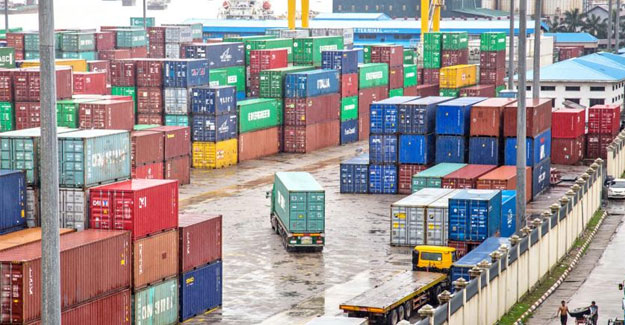
Myanmar Takes Steps To Improve Trade Strategies
Myanmar will take measures to ensure that overseas demand for locally made goods remains elevated even as cheaper imports from the region are expected to rise now that the country will participate further in the ASEAN Free Trade Area (AFTA). This should also keep the country’s trade deficit, which was down to US$ 627 million in fiscal 2019-20 from US$ 5.2 billion in fiscal 2016-17, stable. Under AFTA, Myanmar is expected to substantially lower the import duties for a list of goods to as little as zero and no more than 5%. “Custom duties will be nearly zero due to AFTA and ASEAN countries are already taking advantage of the opportunity to export more goods to Myanmar. We have in place the Import Protection Law to ensure local manufacturers are not threatened,” said U Aung Htoo, deputy commerce minister. The Import Protection Law gives Myanmar the right to raise duties for a period of three years on imported goods that severely affect or threaten local manufacturer. Some traders have voiced their approval over the changing trade environment. Daw Yin Yin Moe, CEO of Hla Yin Moe, a textile and garment company, said that over the past five years her company was able to import industrial apparatus and machineries. “With lower duties, it was easier to import more modern machineries to upgrade our operations,” she said, adding that her factory now produces 100,000 pieces of clothing a month compared to 30,000 before the new machineries were brought in. On the other hand, Myanmar will also receive benefits from AFTA, as it will enjoy lower duties when exporting within ASEAN, U Aung Htoo said. To leverage on that environment, Myanmar has launched its second five-year National Export Strategy (NES) for the period between 2020 and 2025. Under the second NES, six sectors - gems and jewellery, agriculture-based food products, textiles and garments, machinery and electrical equipment, fisheries and forestry and digital -have been added on as priority sectors. Five other support services sectors - digital products, logistics, quality control, trade information and innovation and entrepreneurship - will also be implemented under a framework to be set up within the next five years, said U Aung Htoo. U Aung Soe, director general for the Department of Trade Promotion, said more still needs to be done to improve manufacturing and raise exports in the private sector. He added that the government must invest more in providing sufficient electricity and financing to manufacturers while ensuring that the trade policy flaws of NES 2015-2019 are not repeated in the next five years.
Textile Excellence
If you wish to Subscribe to Textile Excellence Print Edition, kindly fill in the below form and we shall get back to you with details.












